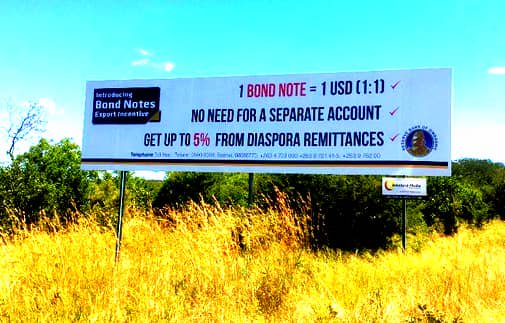Medical aid societies affiliated to the Association of Healthcare Funders of Zimbabwe are paying healthcare service providers at least once a month and in some cases twice a month, AHFoZ has said.
However, because most healthcare service providers are benchmarking their fees in United State dollars and using the prevailing exchange rate to charge for their services, there is a mismatch between the fees service providers are charging and the AHFoZ rates for the services provided. This has resulted in patients being asked to pay huge shortfalls.
In a Press statement, AHFoZ said medical aid societies were making payments monthly and even twice a month despite the fact that contributions from their members are only paid once a month and being eroded in value and that savings accumulated towards statutory reserves had lost significant value following currency changes earlier in the year.
The AHFoZ statement follows an assertion by the Zimbabwe Medical Association that medical aid societies were failing to pay medical practitioners in full and on time.
In its statement, AHFoZ pointed out that in an effort to reduce the gap between the AHFoZ rates and what service providers were charging, its rates had been adjusted in February this year and again in July.
“Regrettably these increases still fall far short of the service provider rates, which vary according to the exchange rate for the day. AHFoZ rates seem to be chasing a moving target, a chase which is neither practical nor sustainable. AHFoZ rates are funded from member contributions.
“Members’ salaries have not been going up. Most employer organisations are reluctant to increase employment costs and are unwilling to increase medical aid contributions, given the myriad of challenges that the employers are facing. The contribution increases that have been effected by medical aid societies are not benchmarked on the US dollar and are still nowhere near the fees being charged by service providers,” the statement said.
“AHFoZ appeals to the authorities to consider placing healthcare in the essential commodities category, just like fuel, wheat and cooking oil, for ease of access to foreign currency,” the statement went on, adding that this would keep costs under control and avoid stock-outs of essential drugs and consumables for pharmaceutical suppliers, hospitals, laboratories and radiology services.
As regards healthcare service providers who do not require foreign currency for their daily operations, AHFoZ proposed that there should be a sincere broad stakeholder engagement to discuss and alleviate the suffering of patients, which it said was due largely to speculative pricing.
“The country needs healthy people to work and revive the economy. A sick nation is a poor nation,” the statement concluded.






